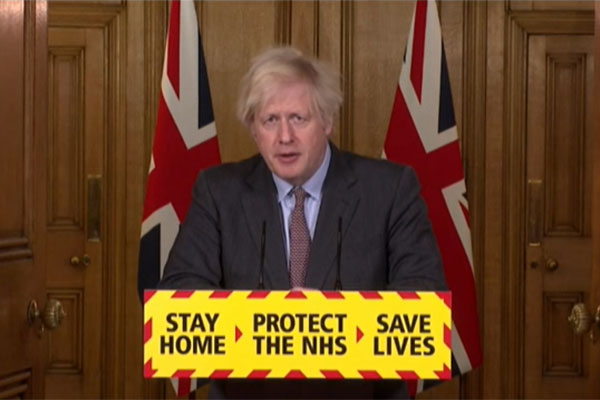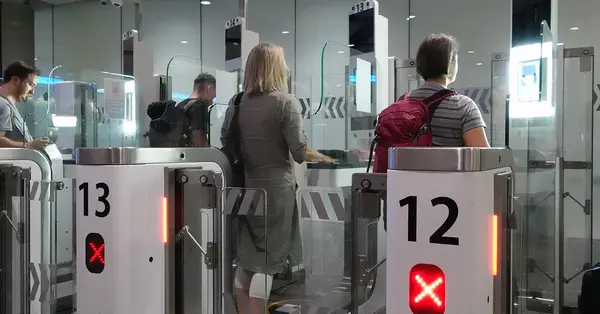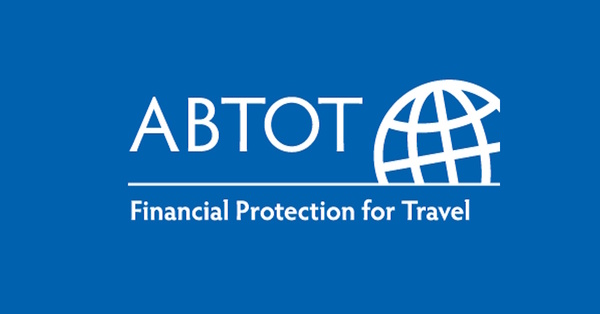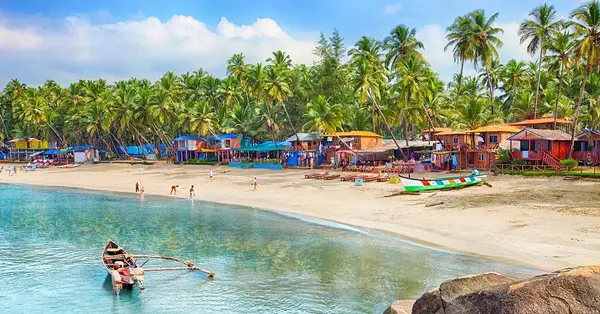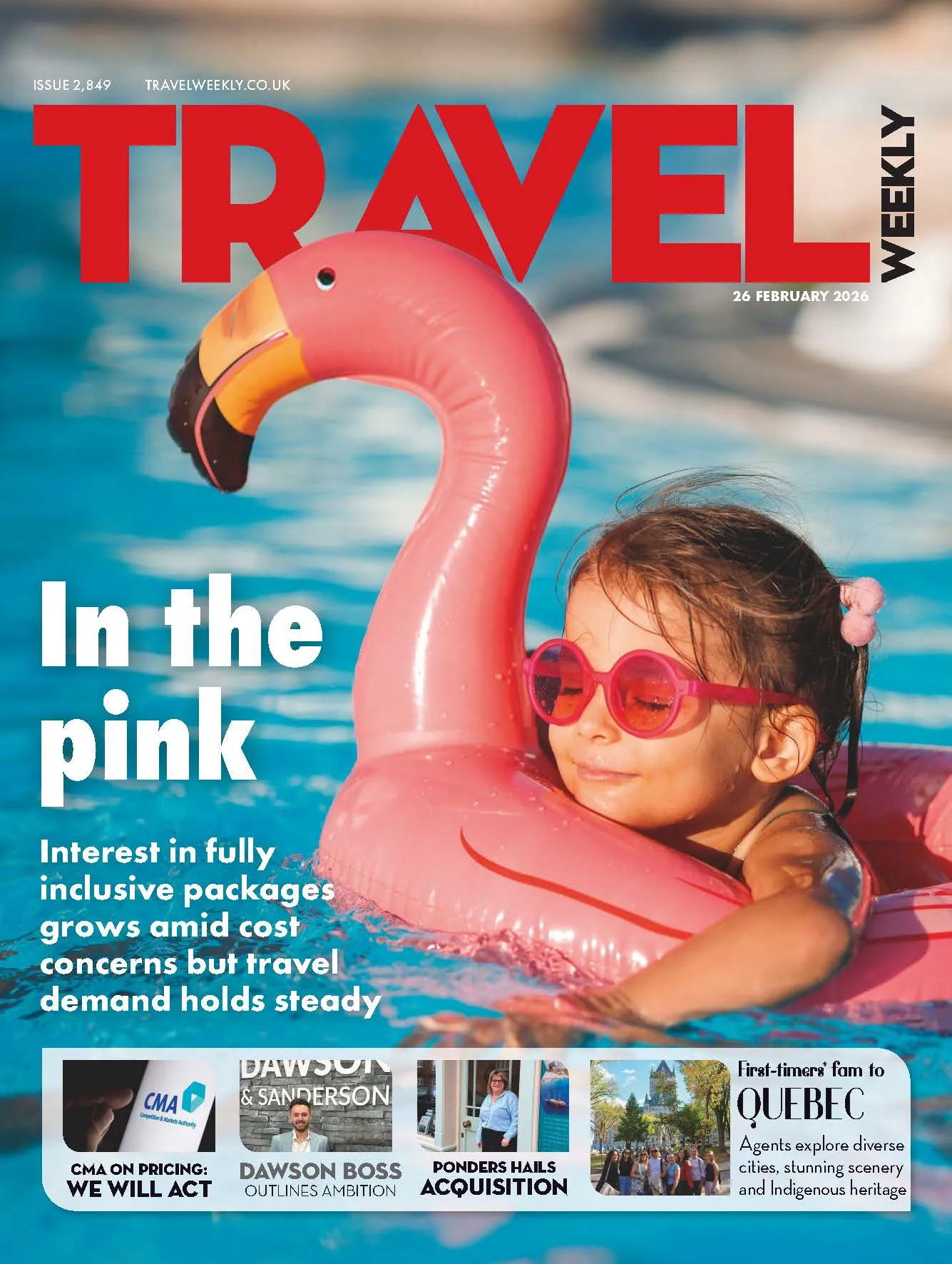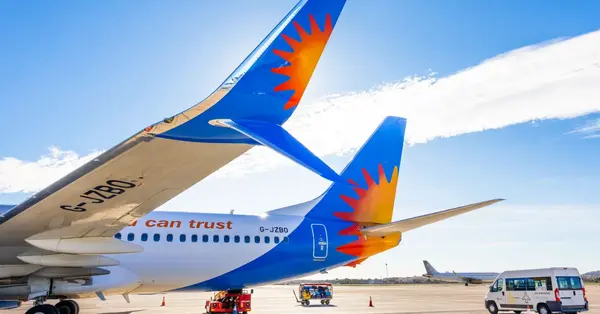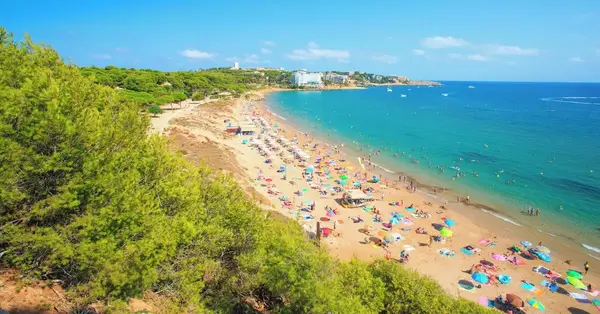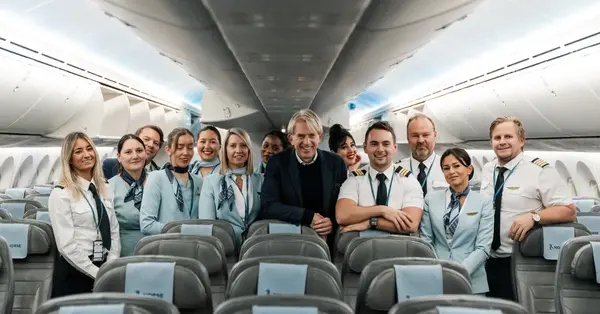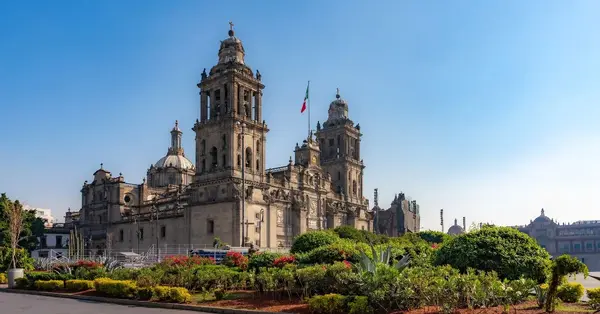You are viewing 1 of your 2 free articles
Updated: All UK arrivals to self-isolate and take PCR test
All arrivals into the UK will be required to take a PCR test and self-isolate until they have a negative result, the prime minister has announced.
Boris Johnson announced the temporary measures – which will be reviewed in three weeks – in a Downing Street briefing this evening in reaction to two cases of the new Omicron variant being detected in the UK – which he confirmed were linked to travel from southern Africa.
The prime minister did not specifiy when the PCR requirement will come into force during the announcement but the Department for Transport confirmed on Sunday that it will be from 4am on Tuesday, November 30.
It follows four more southern African countries being added to the red list earlier today, in addition to the six added on Thursday night. The four countries added, from 4am Sunday November 28, are Angola, Malawi, Zambia and Zimbabwe.
“We now need to go further and implement a proportionate testing regime for arrivals from across the whole world,” said Johnson.
“We are not going to stop people travelling,” the prime minister stressed. “But we are going to require anyone who enters the UK to take a PCR test by the end of the second day after their arrival – and to self-isolate until they have a negative result.”
Johnson said the “targeted and proportionate measures” were “precautionary” and stressed “there are many things we just cannot know at this early stage”.
But he said: “It does appear that Omicron spreads very rapidly and can be spread between people who are double vaccinated.”
And he noted a “very extensive mutation” which means “it diverges quite significantly from previous configurations of the virus” and “might in part reduce the effectiveness of our vaccines over time”.
PCR tests had been a requirement for all arrivals to the UK up until October 24, when the government allowed lateral flow antigen tests as proof of Covid status.
The more expensive PCR tests can be genomic-sequenced in order to test for variants, unlike the cheaper rapid tests. However, transport select committee chairman Huw Merriman pointed out in the summer that only about 5% of PCR tests had been sequenced.
The higher cost of the tests had put many potential holidaymakers off travelling.
Johnson thanked scientists in South Africa for sharing details of their findings of the new variant “widely and immediately”, but said the UK needed to “buy time” for scientists at home “to understand exactly what we’re dealing with”, as well as get more people vaccinated and boosted.
Johnson noted “measures at the border can only ever minimise and delay the arrival of a new variant, rather than stop it all together” as he went on to announce tightened rules on the wearing of face masks in shops and on public transport. Anyone who tests positive for the Omicron variant in the UK must now self-isolate for 10 days.
There is no change for unvaccinated arrivals into the UK, the transport secretary Grant Shapps confirmed on Twitter.
He said: “These are targeted measures to provide confidence and protection, and we will review these measures in three weeks to ensure they are working effectively.”
UPDATE: with the first cases of Omicron variant identified in the UK, we’re taking extra measures to protect public health (1/4)
— Rt Hon Grant Shapps MP (@grantshapps)
UPDATE: with the first cases of Omicron variant identified in the UK, we’re taking extra measures to protect public health 👇 (1/4)
— Rt Hon Grant Shapps (@grantshapps) November 27, 2021
Reacting to the news, Business Travel Association chief executive Clive Wratten said: “Public health must be a priority. However, governments from around the world are acting without taking lessons from the last two years.
“The introduction of costly PCR tests and mandatory self-isolation for all travellers until results are returned, will have a significant impact on business travel. It’s urgent that international protocols are introduced without delay to save lives, save economies and save our futures.”
South African president Cyril Ramaphosa condemned travel bans imposed against his country and its neighbours over the new Omicron variant.
He said he was “deeply disappointed” by the action, which he described as unjustified, and called for the bans to be urgently lifted.
The World Health Organization has warned against countries hastily imposing travel curbs, saying they should look to a “risk-based and scientific approach”.
Africa director Matshidiso Moeti said on Sunday: “With the Omicron variant now detected in several regions of the world, putting in place travel bans that target Africa attacks global solidarity.”
Ramaphosa said there was no scientific basis for the travel bans and that southern Africa was the victim of unfair discrimination.
He also argued that the bans would not be effective in preventing the spread of the variant.
“The only thing the prohibition on travel will do is to further damage the economies of the affected countries and undermine their ability to respond to, and recover from, the pandemic,” he said.
He called on countries with bans in place to “urgently reverse their decisions… before any further damage is done to our economies”.

